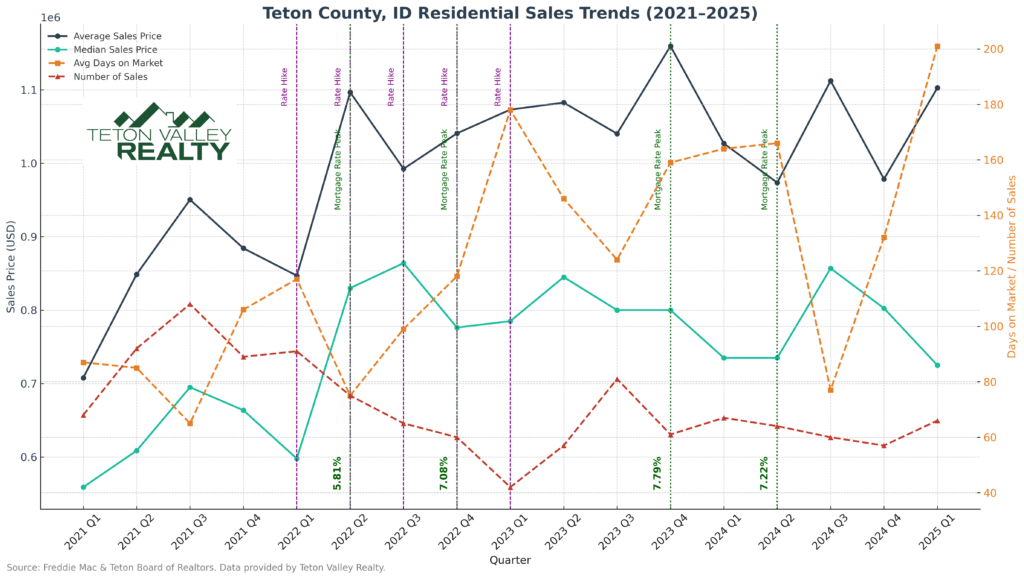I have always been an advocate for providing clear information, but never guarantees. I always lead opinions with a pretty clear statement that “my opinion is”… That being said, one of the assurances none of us ever expected to change was public lands and how they can create open space for properties that are adjacent.
While adjacent public land or public land access is generally viewed as a major selling point or benefit (even in the absence of what I’m about to dig into), it can also have its downsides. For example, living near an access or trailhead could create an increase in motorized or non-motorized traffic which could lead to privacy or sound concerns. Notwithstanding, I generally feel that these types of annoyances are limited compared with the broader scope of being fortunate enough to live next to these recreation access points.
Though we have always assumed these lands would remain public in perpetuity, we recently witnessed a quiet, but far reaching proposal on the Federal level come into the spotlight that might change how we think about public lands moving forward. Tucked into a sweeping budget reconciliation bill AKA the “One Big Beautiful Bill” or (OBBBA) was language that may have required the US Forest Service and Bureau of Land Management to offer millions of acres of federal land for sale, much of which was adjacent to private property, particularly in the Teton Valley.
Fortunately, this section of the bill was met with massive opposition from conservation groups, outdoor Advocates, and private citizens. As a result, the land sale Provisions have since been removed from the Senate bill. At the time of this writing, there is no mandate to sell public land, at least as I interpret it. However, there are still some concerning aspects in the broader bill. They include Provisions that could affect land use and access including logging, oil and gas leases and reduced environmental oversight. In addition, just because this aspect of the bill was modified and removed, does not mean that it could resurface in the future.
All of this is a good reflection point for those of us in the real estate industry, or those that are interested in real estate or own real estate near public lands. Buyers will continue to be drawn to properties that border national forest or BLM because of the perceived open space permanence. We view it as an unbuildable buffer, unlimited open space and boundless Recreation opportunities. It’s important, however, to know that federal land boundaries can shift. BLM parcels, in particular, can be swapped, sold or least. While I view National Forest as much more immune to change, nothing is a guarantee, in my eyes as mentioned above. While unlikely, I think it’s something to reflect on. For those interested in real estate, we always recommend:
– Review designations such as Wilderness, National Forest, BLM, etc.
– Verify access, types of access, permitted juices and any known planning actions by contacting County officials and public land agencies
– Understand that public land status is subject to policy and political change
Public land is one of our Region’s greatest assets. For now, fortunately, the effort to sell it off has been stopped. Whether you are a buyer, landowner or simply a neighbor to these great assets, it’s worth remembering, things can change. Stewardship starts with staying informed, and advocating for our region’s great assets.

